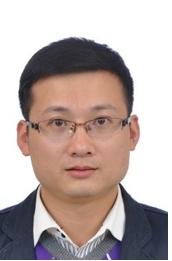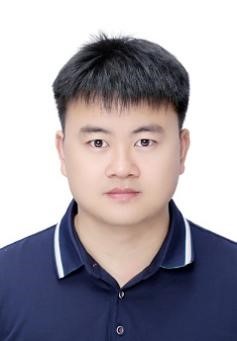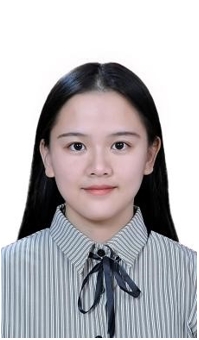
School of Medical Technology and Information Engineering, Zhejiang Chinese Medical University, Hangzhou, ChinaAI in traditional chinese medicine (TCM); Deep learning in traditional chinese medicine (TCM) applications, AI in medical applications, Traditional chinese medicine large language model (TCM LLM)
Traditional Chinese Medicine(TCM) is a treasure of Chinese civilization, and its theoretical system has developed over thousands of years to form a unique framework. It continues to be revitalized in contemporary medical treatment, not only contributing Chinese wisdom to global health governance, but also promoting the development of medical diversity in the world with empirical proof of efficacy. However, the development of TCM faces challenges such as the subjectivity of diagnosis, the inadequacy of modernization research, the difficulty of systematically integrating, and analyzing data at multiple levels. In order to cope with these challenges and to enhance the scientific and modernization level of TCM, the development of TCM urgently needs to be deeply integrated with modern science and technology. The diagnosis and treatment process of TCM is highly dependent on individual experience, while artificial intelligence(AI) can make up for the limitations of traditional experience by combing through massive clinical cases and ancient literature through big data analysis methods to distill precise diagnosis and treatment rules. Deep learning can perform effective feature extraction and pattern recognition on the TCM four examinations data to mine the hidden TCM diagnosis patterns. In addition, with the increasing maturity of cutting-edge AI technologies such as multi-source heterogeneous data fusion, multi-modal learning, knowledge graphs and large language models, it brings great hope to the digitization, precision and systematization of TCM. AI is expected to bring a new paradigm in TCM diagnosis, TCM treatment and mechanism research.
Topics of interest are listed below, but are not limited to those. Area-related articles, including research papers or surveys, are welcome.
- Intelligentized diagnosis of multimodal TCM Data
- Personalized TCM treatment scheme recommendation
- Construction and application of TCM knowledge graph
- Privacy-protected data analysis of TCM
- Analysis of TCM data based on causal reasoning
- Complex data analysis in integrating Chinese and western medicine
- Multi-omics data analysis in TCM
- TCM data analysis using large language models
- Wearable smart devices for TCM
- Joint analysis of multimodal four examinations data in TCM
- TCM diagnosis based on large language models
- Research related to TCM intelligent agents




